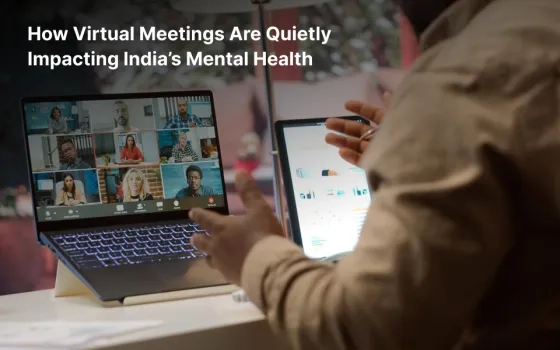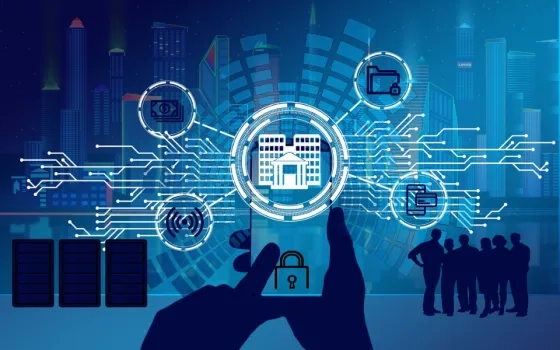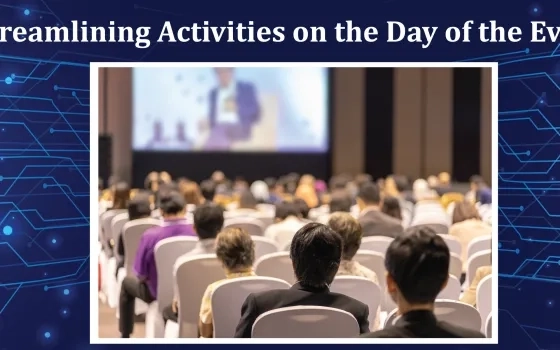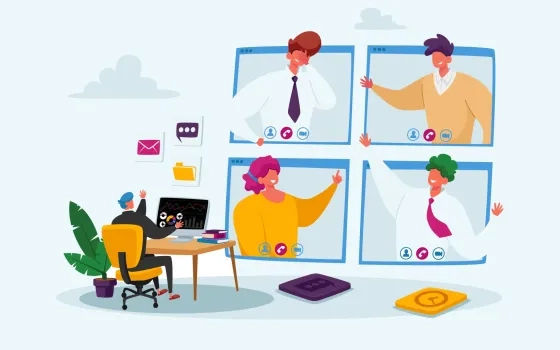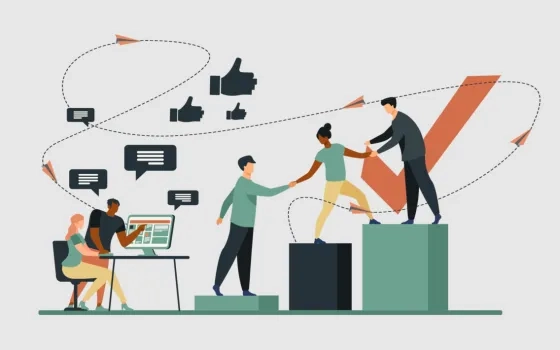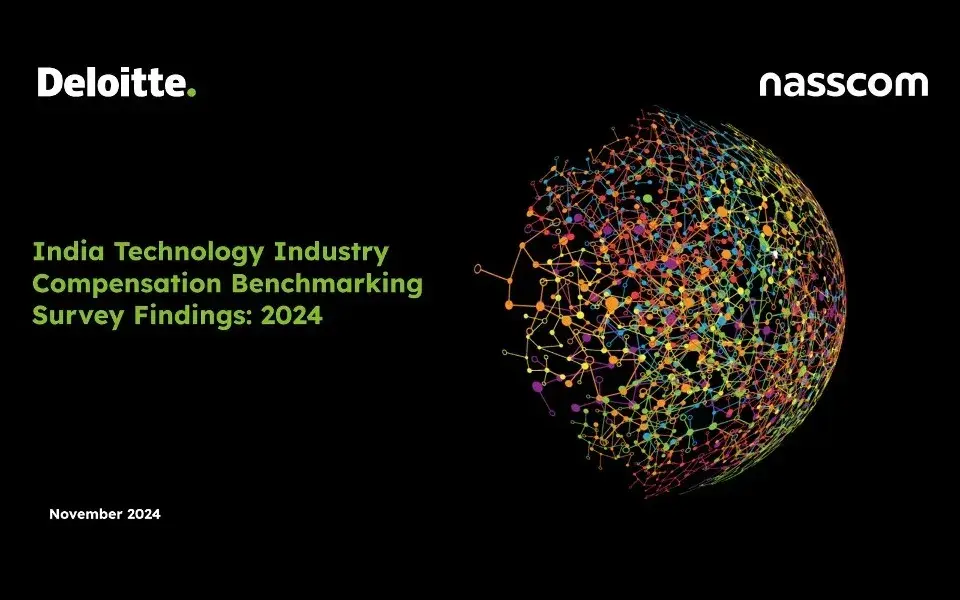“ Starting with trust and giving employees great autonomy and flexibility allows people to feel independent and empowered while still feeling like part of something bigger. This leads to happy , loyal employees with a rich quality of life , which in turn leads to an amazing culture “
~ Larry English - Office optional : How to build a connected culture with virtual teams
Contact center have evolved with advanced technology. It’s only fairly recent that contact centers have come into existence.Contact center is the central part of any customer service organisation/department from where clients are managed. Unlike a call center which is based on telephony, a contact center handles inbound/outbound customer communication across a number of channels viz. Phone calls, emails. Webchats, SMS and social media interactions. Contact centers use advanced technologies to resolve customer issues, track customer engagements and evaluate customer experience. It is either operated internally or outsourced to third parties.
Benefit of contact center
It improves customer satisfaction.
It provides greater efficiency
It enhances insight and visibility
The basic question that pop-up while choosing a contact center , is why people need to go for a virtual one ? Has the traditional contact center lost the ground against sophisticated technology or are getting obsolete due to lack of innovation ?
The answer lies in the fact that we have come far ahead of the earlier version of contact center because of the evolution of cloud /hosted virtual contact centers.
According to Global Workplace Analysis, even before COVID -19 pandemic, 80-90% would like to work remotely ( at least part time ) and 50% of the workforce worked in some form of telecommuting role. Remote working is increasing dramatically with the post Coronavirus world. People refer to this period as “ Experiment in work from home culture “. The term WFH becomes more familiar within industries.
Just like any other experiment, this too has positives and negatives.
Challenges of remote contact center management :
Contact center that runs remotely faces wide range of challenges though it may have certain advantages like reduces commuting, saves time, better work/life balance, reduces infrastructure costs etc, following are the key challenges
PERFORMANCE MONITORING :
It is vital for any contact center to monitor quality performance. Remote contact center employees are more difficult to monitor. It requires a high degree of trust, strategic planning, effective software and special hardware.
While it is not possible for a manager to walk up to someone’s desk or hop on a call to listen to it, it becomes a struggle to manage remotely and satisfy customer experience. Thus one has to build trust in the work from home environment and go further to influence, engage, inspire and train the team.
DATA SECURITY AND PRIVACY:
The business often requires security of data which include personal identifiable information (PII) and other business related data. In an office environment, most of the controls are in place and data security is easily managed. For Remote or WFH agents this may become a concern. How to ensure the data integrity is not compromised?
COLLABORATION:
Team collaboration is essential. For an individual to perform effectively, strong bonding with the team is paramount. In a regular office environment, this is usually achieved as the communication between team members is natural. In a WFH setup, it is essential to have such regular collaboration sessions to create a strong camaraderie.
Key strategies to set-up WFH culture in contact center environment:
Customer service employees working from home are facing higher customer demands, health crisis, financial losses, demotivation, depression, loneliness and many other challenges. Organisation should understand and respond to the changing needs of customers as well as employees while navigating through volatile economic and geopolitical conditions
Following are the key pillars for the success of work from home in this time of crisis.
INFRASTRUCTURE:
Organisation must ensure the right infrastructure and application layers are in place for high, uninterrupted and continuous performance along with business continuity. When agents are supported by the right technology, they can thrive in any environment.
CLOUD-NATIVE ENVIRONMENT:
Moving your contact center into a cloud-native environment is the only way to ensure speed and agility that is necessary for work from home environments. It can be accessed from any geographical area if employees have an internet connection, computer and headset. This solution is cost effective and elastic in nature as it can easily scale up according to business demands.
In a cloud native environment, you have the flexibility as applications are not managed from an individual desktop, they are managed in the cloud itself. That’s the reason why it doesn’t need any IT professional to load and test software on each computer. It also helps IT professionals to work from home and ensure complete technical support at the highest level.
SKILL MANAGEMENT:
Next move is onto the planning while selecting the right skills and employees to handle customer service level agreement and flexible to adjust on day to day changes. A work from home agent should equate with a helpdesk agent in terms of their proficiency of handling clients, troubleshooting and providing adequate support while working from home.They must have a proper working environment, quieter place, less distraction, uninterrupted internet connectivity and power backup while working from home.They should dress up in formals to bring a professional attitude and environment towards their work and take their job with utmost importance.
BETTER VISIBILITY:
Virtual environments are unforgiving when leaders don't communicate well or aren’t great at delegating, not good at giving feedback and are not adept at adjusting their leadership style to remote work environments. Leaders must be the ones to initiate contact and collaboration. It is solely up to them to encourage interaction among individuals and the group.
PERFORMANCE:
Work from home employees must provide the service according to customer’s expectations. To get it, proper training and coaching should be made available.
ENCOURAGEMENT:
One of the most important aspects of working from home is to make clear about your expectations to the employees and encourage them when it has been met. Also give them autonomy to come up with the best ideas and allow them to work without any pressure under proper guidance parameters.
ACCOUNTABILITY:
As employees are working remotely, it is essential that leadership take personal accountability for how their team members handle the work responsibilities. It means setting up a goal and processes to monitor performance and ensure all responsibilities and commitments are transparent. Schedule periodic reviews to ensure that all responsibilities and commitments are made. Rely on data to discuss performance. Clear communication on expectations and goal setting including due dates.
ACCESSIBILITY:
Leaders must be accessible at all times to resolve conflicts effectively in a timely manner. Regular periodics check-ins and peek-ins on agents are essential rather than waiting until a deadline is due.
The goal is to provide regular opportunities to help employees adjust to the course and reach their targets. Leaders should be available to provide feedback, recognition and coaching when it is much needed. It will make their work visible which is essential for performance monitoring.
GOOD LISTENER:
As a leader, you need to be a good listener, response in a balanced manner in every situation. Demonstrate empathy and carefully evaluate pros and cons. It has become very difficult without visual cues and that is why you need to be an active listener when you are separated by remote work. There are mechanisms which can make it easier to share information and share processes for problem solving and decision making. By aligning communication and technology, relationship building and conflict management is possible through active listening.
QUALITY ANALYSIS (QA):
It is crucial to monitor team and individual performance through QA while working from home. There are tools and mechanisms to access and collect data for quality analysis between your employees and clients. It should be transparent so that everyone knows how they are performing and how the team is doing. The QA should be a two-way communication between the employees and the leader. It can be the focal point which provides and promotes opportunities for skill assessment and job adherence.
EMPOWER:
To work effectively from remote locations, you need to hire the right people, train them, provide them with clear expectations and then set a framework to accomplish their goals. Once that has been set, give them full autonomy to get the job done.
For this you need to ensure that you have a structured process and parameters. Once you determine the best way to perform a task, all you need to do now is let your employees get into it. So as long as they are hitting the targets, are in scheduled check-in and regular communication, you can allow your team members to take the lead in the virtual world.
RELATIONSHIP DEVELOPMENT:
Relationship building is essential in a remote working environment. It is the only way to build trust, manage conflict and encourage collaboration. The key is to build an environment for all team members to interact with each other, communicate, listen and understand.
Following are the few appropriate tools for communication internally.
Video
This is a method which is almost equivalent and as impactful as face-to-face conversation. Video interactions should be used for all complex interactions and is critical in building relationships.
Software
Zoom , WebEx, Skype, Google meet and Joinme are for screen sharing, document sharing and many more. They have both audio and video options and can be used for problem solving, decision making and active listening.
Telephonic communication
This is a traditional mode of effective communication. It lacks visual cues and hence active listening is required to ensure messages and information are delivered and received effectively.
Email
This method is best suited for follow-ups, summarising conversations and sharing information when feedback is not needed.
Conclusion:
Handling a contact center in a work from home environment is not easy though it may be a new normal. Remote leaders should be well equipped with the right tools, skills and resources. It is all about setting up your objectives to a remote environment and provide a myriad of opportunities to connect, support, grow and establish.
“If you think you are too small to make a difference, try sleeping with a mosquito.”
~HH Dalai Lama





